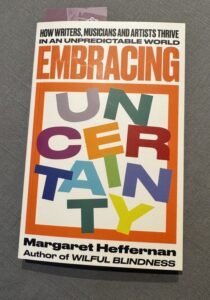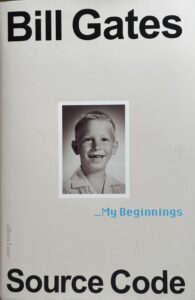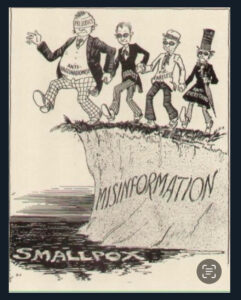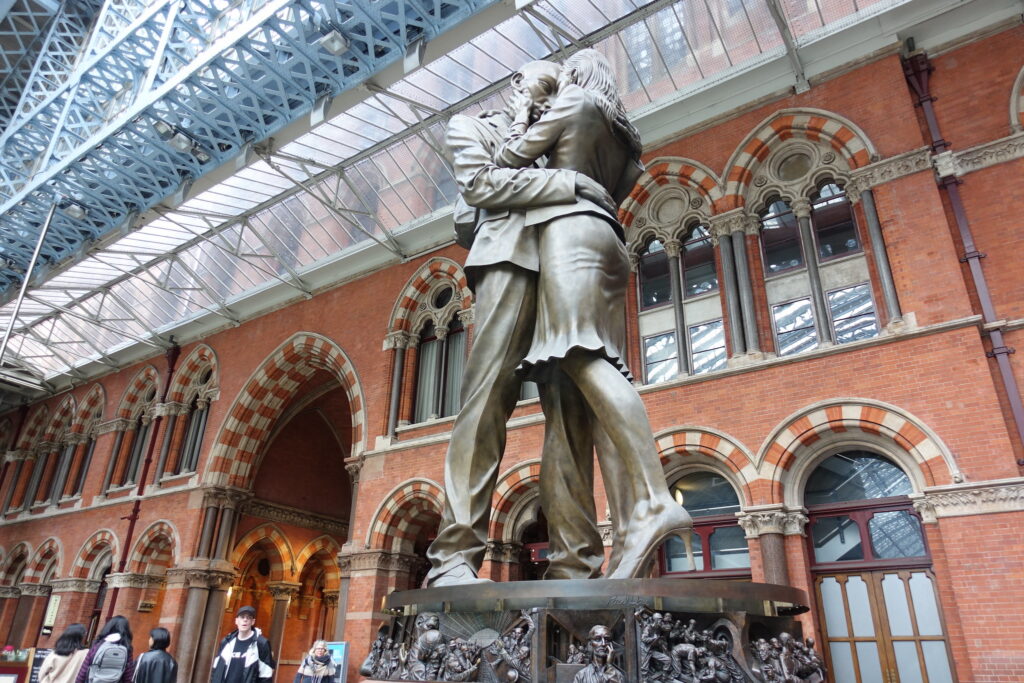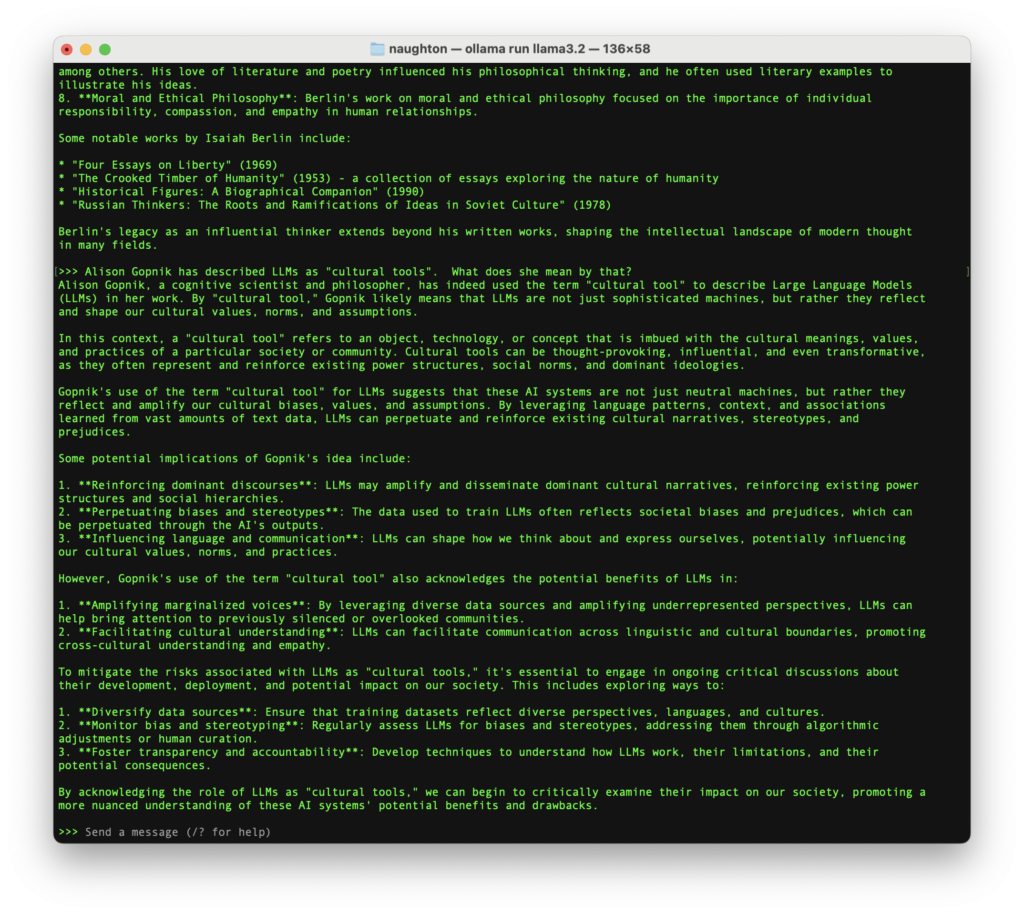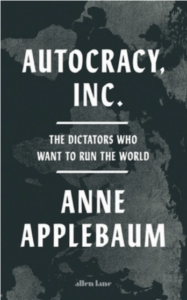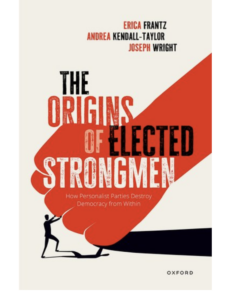Patience

Everything comes to those who wait… Well, almost everything.
Quote of the Day
”Like trying to pan gold in a sewer.”
- Charles Arthur, writing about the challenge of moderating newspaper readers’ comments.
Musical alternative to the morning’s radio news
Arlo Guthrie and Emmylou Harris | Deportee
Appropriate for our times.
Long Read of the Day
Elon Musk Weaponizes the Government
Another angle on Musk’s Coup d’Etat from Henry Farrell and Abe Newman.
It’s hard for politicians and journalists to grasp what Musk and his team are doing, still less to explain it to the public. These efforts involve technical systems that are incomprehensible and boring to outsiders, few of whom even know that the Office of Personnel Management exists, let alone what it does. But even if no one pays much attention to these systems, they are the sinews of government—key parts of the infrastructure that hold the federal state together and manage its relationship to the outside world.
We are highly familiar with such systems and how they can be used. Our academic research, and our recent book, “Underground Empire: How America Weaponized the World Economy,” explain how the U.S. quietly took control of similar technical systems that hold the world economy together and used them to exercise domination over allies and enemies alike. Now, Musk is seemingly doing to the U.S. government what the U.S. government once did to the rest of the world: refashioning the plumbing of the federal government into a political weapon against his adversaries…
This is a perceptive take on what’s happening. The authors’ book, book is very good, btw.
While Trump blathers about tariffs and Gaza, Musk is executing a coup d’état
Yesterday’s Observer column
Way back in 2019, Steve Bannon, then a Trump consigliere, outlined in a TV interview a strategy for managing information. “The opposition party is the media,” he said, “And because they’re dumb and they’re lazy, they can only focus on one thing at a time… All we have to do is flood the zone. Every day we hit them with three things. They’ll bite on one, and we’ll get all of our stuff done. Bang, bang, bang.”
Since his re-election, Donald Trump has been following this script to the letter, and the media, not to mention the entire world, are feeling punch-drunk. Which is, as Bannon pointed out, enabling other members of the Trump crew to get their stuff done. Really bad stuff too, to which the world has not been paying enough attention.
Prime suspect in this respect is Elon Musk, whom Trump has chosen to slash $2tn off US government spending.
My commonplace booklet
Papering over history
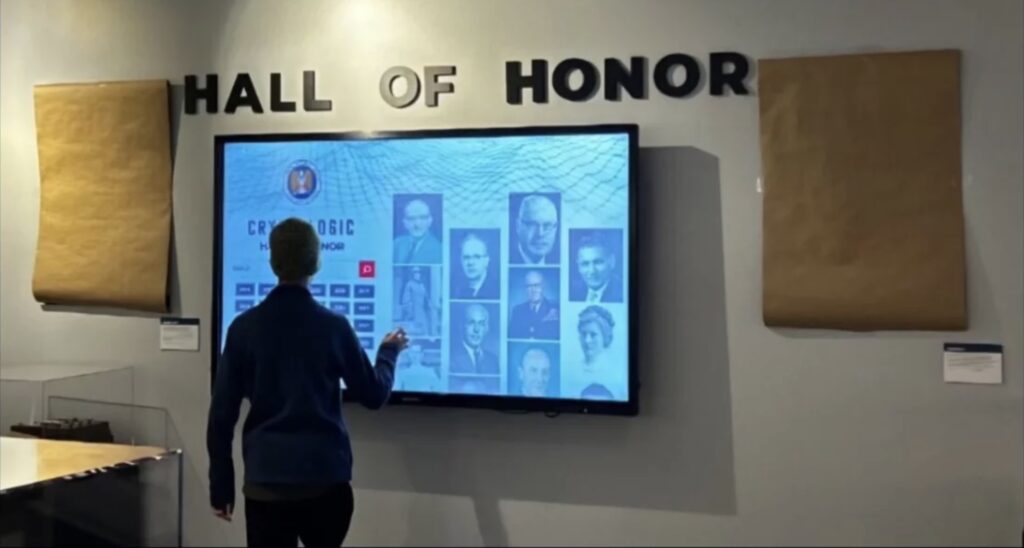
Screenshot
This photograph, courtesy of National Public Radio, shows how the NSA Museum papered over plaques devoted to women and people of colour who served the National Security Agency.
The NPR report says that,
Responding to President Trump’s order that terminated diversity, equity and inclusion (DEI) initiatives across the federal government, the National Cryptologic Museum taped sheets of paper over plaques that celebrate women and people of color who had served the National Security Agency, which intercepts overseas conversations and breaks foreign government codes.
The honorees are described as “Trailblazers in U.S. Cryptologic History,” and the plaques hang in the museum’s Hall of Honor…
Later, in a phone interview, NSA Executive Director Sheila Thomas — the No. 3 person in the agency — told NPR that papering over the exhibits was a mistake.
”There was absolutely never an intention to cover up parts of our history,” said Thomas, who was at the museum to greet the retirees and has worked at the NSA for just over four decades. “As soon as we became aware, we said, ‘Oh, that was not what was intended.’”
This is a small but revealing example of how an authoritarian regime erodes freedom — not by issuing orders but by creating an atmosphere where individuals and institutions try to second-guess what’s permissible and what’s not.
This Blog is also available as an email three days a week. If you think that might suit you better, why not subscribe? One email on Mondays, Wednesdays and Fridays delivered to your inbox at 6am UK time. It’s free, and you can always unsubscribe if you conclude your inbox is full enough already!


